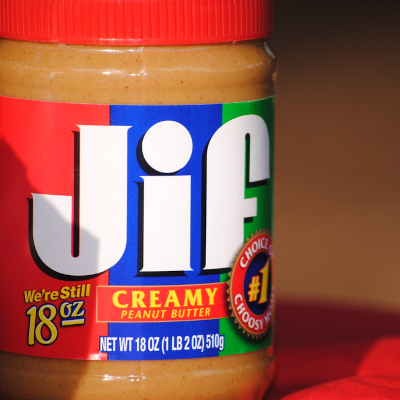Is It Healthy to Eat Peanut Butter Every Day? |
 Self Help
Self Help
Peanut butter is a nutrient-dense food that offers a variety of essential vitamins and minerals. It is an excellent source of protein, healthy fats, and dietary fiber. Additionally, peanut butter contains significant amounts of vitamin E, magnesium, and potassium. The protein content in peanut butter can promote muscle growth and repair, making it a suitable option for those who engage in regular physical activity. The healthy fats found in peanut butter, including monounsaturated fats, can support heart health by reducing bad cholesterol levels.
Contrary to popular belief, peanut butter can be an ally in managing weight. The combination of protein, healthy fats, and fiber in peanut butter can help you feel fuller for longer, reducing the likelihood of overeating.
The monounsaturated fats present in peanut butter have been shown to improve heart health by reducing the risk of cardiovascular diseases.
Despite its relatively high calorie content, peanut butter has a low glycemic index, meaning it does not cause a rapid spike in blood sugar levels. This makes it a suitable option for individuals with diabetes or those looking to maintain stable blood sugar levels.
Peanut butter is packed with essential nutrients, including vitamin E, magnesium, and potassium. These nutrients play a vital role in various bodily functions, such as promoting healthy skin and supporting proper muscle function.
While there are numerous health benefits associated with eating peanut butter, it is essential to consume it in moderation. Peanut butter is calorically dense, meaning it contains a significant number of calories per serving. Excessive consumption can lead to weight gain and may not be suitable for those on a calorie-restricted diet.
Furthermore, some brands of peanut butter contain added sugars and hydrogenated oils, which can negate the health benefits. It is important to choose natural peanut butter without any added sugars or preservatives.
The ideal serving size of peanut butter is around two tablespoons, which provides a good balance of nutrients without excessive calorie intake. This amount also ensures that you are not consuming an excessive amount of fat or sodium.
Remember that peanut butter should complement a well-rounded diet consisting of whole grains, fruits, vegetables, and lean proteins. It is always best to consult with a registered dietitian or healthcare professional to determine the ideal portion size for your specific dietary needs.

So, is it healthy to eat peanut butter every day? The answer is yes, as long as it is consumed in moderation and as part of a balanced diet. Peanut butter provides a range of nutrients that can support overall health, weight management, and heart health. By choosing natural peanut butter and watching portion sizes, you can enjoy the delicious taste and nutritional benefits of peanut butter without any guilt.
So, grab that jar of peanut butter, spread it on whole wheat toast, or enjoy it in a smoothie. Just remember, moderation is key, and always prioritize whole, nutrient-dense foods in your diet.
Thank you for visiting us. Please visit us again. You are always welcome.
AND:
Remember! At SurfSideSafe, we are here to make your life much better.
Some of the images courtesy of Creative Commons.
Join SurfSideSafeCreating an account with SurfSideSafe is very easy.In a few minutes, you will have the best Social Media experience you have ever had in your life.  |

Upload☻Create☻Connect
All in one place
And we actually listen
👉 See why people are making the switch

Creating an account with SurfSideSafe is very easy.
In a few minutes, you will have the best Social Media experience you have ever had in your life.
